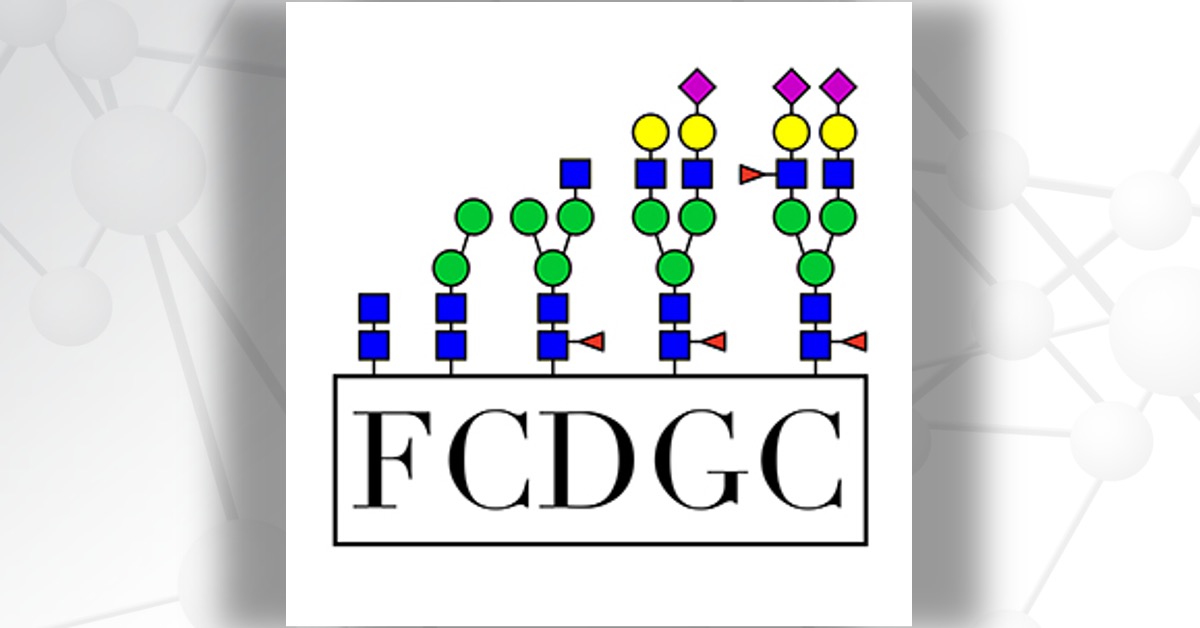Health care providers now have a road map for treating two types of congenital disorders of glycosylation: MPI-CDG and PGM1-CDG. A team of international experts from the Frontiers in Congenital Disorders of Glycosylation Consortium (FCDGC) published new guidelines for the diagnosis and management of MPI-CDG and PGM1-CDG in the Journal of Inherited Metabolic Disease.
Congenital disorders of glycosylation (CDG) is a large group of rare disorders that affect the process of glycosylation. Each system in the body depends on this process of creating, changing, and attaching glycans to proteins and lipids. When glycosylation does not function properly, this can cause neurological issues, developmental problems, and growth delays.
With over 130 different types of CDG, many health care providers may not have previously encountered these ultra-rare disorders. How can they provide optimal care and fulfill patients’ needs? By referencing these guidelines, providers are better able to facilitate early diagnosis and treatment.
To create the guidelines, FCDGC assembled CDG experts throughout the world. Physicians, scientists, and researchers conducted full literature reviews of all case reports ever published on MPI-CDG and PGM1-CDG. The resulting guidelines are based on the best available evidence-based data and expert opinions.
Unlike most other types of CDG, MPI-CDG and PGM1-CDG both have effective treatment options that are shown to improve many patients’ symptoms. Researchers hope that these guidelines will aid health care providers in recognizing CDG and making crucial treatment decisions.
“We aim to continue establishing more guidelines for the diagnosis and treatment of different CDG types,” says Eva Morava-Kozicz, MD, PhD, principal investigator of FCDGC. “Our goal is to expand the available knowledge for anyone who meets our patients and unify optimal care.”
The Frontiers in Congenital Disorders of Glycosylation Consortium (FCDGC) is part of the Rare Diseases Clinical Research Network (RDCRN), which is funded by the National Institutes of Health (NIH) and led by the National Center for Advancing Translational Sciences (NCATS) through its Division of Rare Diseases Research Innovation (DRDRI). FCDGC is funded under grant number U54NS115198 as a collaboration between NCATS, the National Institute of Neurological Disorders and Stroke (NINDS), the Eunice Kennedy Shriver National Institute of Child Health and Human Development (NICHD), and the Office of Dietary Supplements (ODS).


